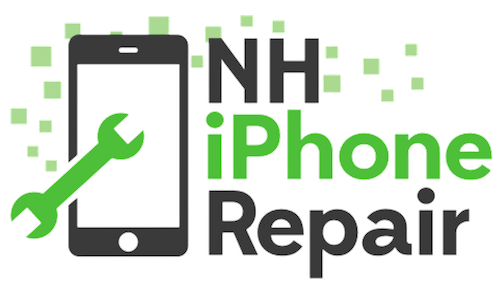It should come as no surprise that we spend a lot of time on our phones. According to an article by The Guardian, we spend an average of three hours and fifteen minutes on our phones every day. This means that we should be paying attention to how our phones affect us. One thing to consider is blue light. You’ve probably heard the rumors surrounding blue light, the light that emits from your phone, but you might not be sure what to believe.
What is blue light?
Blue light is visible light, and it has the shortest wavelength and the highest energy, so you perceive it as blue. Sunlight is actually the best example of blue light, but we use artificial blue light in a lot of electronics, including our phones. The reason why blue light is controversial is because high doses can cause damage when the cells in our body absorb it. But the reality is that your phone doesn’t put out high enough doses to actually do any damage.
The effects of blue light
That being said, that doesn’t mean blue light has no effect on you. Blue light can actually be helpful during the day because it helps with boosting attention, reaction time, and mood.
The big negative is that blue light can seriously mess with your sleep schedule. Humans have a circadian rhythm, and this is what keeps us awake during the day and helps us sleep at night. But blue light encourages the body to stay awake, and this disrupts our sleep schedule, potentially leading to sleep deprivation. An irregular sleep schedule can lead to a host of issues, including heart disease and diabetes.
How to avoid blue light
Like we said, blue light isn’t actually harmful, but many people swear by blue light glasses to reduce its effects. Blue light glasses are supposed to help filter out blue light and reduce digital eye strain.
But according to the American Academy of Ophthalmology, blue light glasses aren’t necessary. Rather, they recommend doing things like keeping the proper distance from your devices, keeping eye drops nearby if your eyes get dry, and reducing glare/brightness when possible. They say it’s more about our cell phone usage than the actual blue light. That being said, if you spend hours looking at a screen, blue light glasses might still help you.
As far as your sleep schedule goes, experts recommend shutting down your devices about an hour before bedtime to avoid your phone keeping you up. Just reducing your nighttime screen time can fix that problem. If you have to use your devices, using your device’s night mode, which turns the light into warmer colors, might help. On iPhone in iOS version 9.3 and newer, this is called “Night Shift,” and on Android, it’s called the “Blue Light Filter,” and these features come pre-loaded on your phone. They’re relatively easy to find so you’re not fumbling around with your phone’s settings. Even your Mac has settings for filtering out blue light to help you cope.
The truth about blue light is a little complicated, but the rumors are fundamentally untrue. The blue light emitting from your phone isn’t really harmful as long as you take care of your sleep schedule.
While NH iPhone Repair may not be able to help you with your sleeping habits, if your phone slipped off the bed and broke the screen, jammed the charger in the port and broke the charging port, or something else, we can help! We offer affordable while-you-wait repairs at any of our four locations in New Hampshire. Contact us today to get your repair started!
